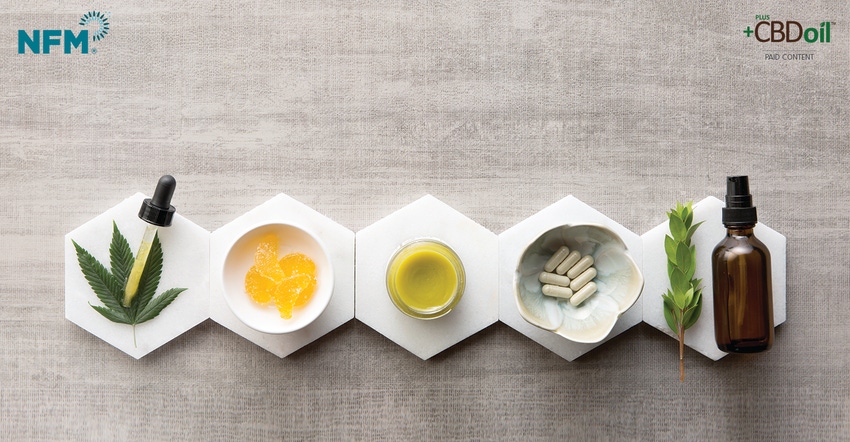February 27, 2019

Sponsored Content
 THIS MONTH’S CBD EXPERT: Miles Sarill is the national educator for CV Sciences, makers of PlusCBD Oil™. Prior to CV Sciences, Miles worked as an educator at Cambridge Naturals, a renowned natural health foods store in Massachusetts, and is a graduate of McGill University.
THIS MONTH’S CBD EXPERT: Miles Sarill is the national educator for CV Sciences, makers of PlusCBD Oil™. Prior to CV Sciences, Miles worked as an educator at Cambridge Naturals, a renowned natural health foods store in Massachusetts, and is a graduate of McGill University.
THIS MONTH’S QUESTION: Now that we know the difference between hemp and marijuana, what is the difference between CBD and hemp extracts?
With the recent passage of the 2018 Federal Farm Bill, hemp is now unquestionably legal in the U.S. and hemp-derived phytocannabinoids have been removed from the Controlled Substances Act—what a huge achievement! Nonetheless, because manufacturers label and market their products differently, there is still much confusion about differences between hemp extracts and cannabidiol (CBD).
To establish the true differences between CBD and hemp extracts, let’s explore the pharmaceutical drug Epidiolex, the first FDA-approved cannabis product available in the U.S. Epidiolex is 99 percent isolated CBD, produced by GW Pharmaceuticals for the treatment of severe epilepsy in Dravet and Lennox-Gastaut syndromes. The average daily dose for a 70 kg person is 1400 mg CBD. This is dramatically different than the 5 mg to 15 mg supplement doses of hemp-derived CBD extracts that people buy at health food stores. These products should be “full-spectrum” hemp, as opposed to a CBD isolate. Emerging research supports the idea that CBD-rich hemp “full-spectrum extracts” may present a better therapeutic profile than isolated CBD and require a lower effective dose. Think of it this way: Why might we opt for a whole foods diet or supplements that use whole plants? We’ve discovered critical synergies between the various nutrients, which support effectiveness.
The difference between CBD and hemp extracts stems from the fact that CBD is only one molecule of at least 80 phytocannabinoids present in hemp. In addition, hemp contains as many as 400 different minor constituents, including essential fatty acids, aromatic terpenes, polyphenols, plant sterols and tocotrienols. A true broad-spectrum hemp extract will utilize all parts of the hemp plant, including stalks, seeds and tops, in order to tap into this immense diversity of phytonutrients. Hemp is so much more than CBD, and a true hemp extract will present the broad range of compounds to support the well-being of those who consume it.
You May Also Like
.png?width=700&auto=webp&quality=80&disable=upscale)


